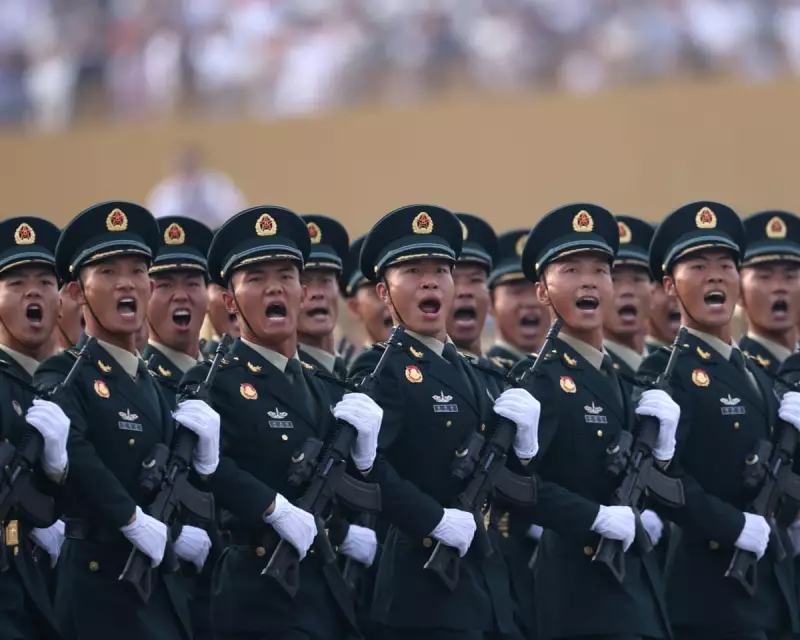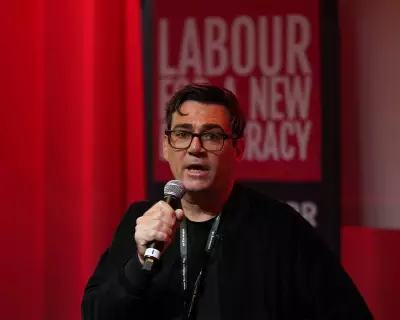
Beijing's Tiananmen Square was the stage for a formidable display of national power and historical remembrance on Wednesday, as China commemorated the 80th anniversary of Victory Day. The highly orchestrated military parade, a hallmark of President Xi Jinping's leadership, served as a potent symbol of China's ascent as a global military and political force.
A Gathering of Global Figures
The event transformed into a significant diplomatic summit, with the attendance of two of the world's most watched leaders: Russia's Vladimir Putin and North Korea's Kim Jong Un. Their presence alongside President Xi sent a powerful message of solidarity between the three nations, drawing intense scrutiny from Western capitals. Other dignitaries and international diplomats also observed the spectacle from a specially constructed viewing stand.
A Show of Strength and Sovereignty
The parade itself was a meticulously choreographed show of force. Columns of troops marched in perfect unison, followed by a rolling exhibition of China's most advanced domestic military technology. The event was framed by state media not just as a historical commemoration but as a stark demonstration of China's readiness to defend its sovereignty and national interests against any perceived threats.
Historical Echoes and Modern Messages
While officially marking the end of World War II and the war of resistance against Japanese aggression, the speeches and commentary carried strong contemporary overtones. The narrative emphasised national rejuvenation and pride, directly linking past sacrifices to current achievements under the ruling Communist Party's guidance. The overarching theme was one of a confident China, standing firm on the world stage.
International Reactions and Analysis
The gathering, particularly the trilateral meeting of Xi, Putin, and Kim, is being closely analysed by intelligence agencies and foreign policy experts worldwide. Many view it as a public consolidation of an alternative axis of power, challenging the existing US-led world order. The event is likely to dominate discussions in upcoming international forums, including the G20, signalling a new chapter in global geopolitical dynamics.





